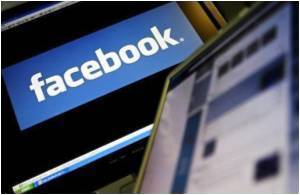
Although social media sites like Facebook and Twitter are playing pivotal roles in such pro-democracy movements as the Arab Spring, the majority of today's bloggers are affluent, college-educated people.
"Having Internet access is not enough. Even among people online, those who are digital producers are much more likely to have higher incomes and educational levels," said Jen Schradie, a doctoral candidate in sociology at UC Berkeley.
She analyzed data from more than 41,000 American adults surveyed between 2000 and 2008 and found that college graduates are 1.5 times more likely to be bloggers than are high school graduates, twice as likely to post photos and videos and three times more likely to post an online rating or comment.
The results suggested that the digital divide for social media users is wider between the haves and have-nots than it is between young and old, and underscore growing concerns that the poor and working classes lack the resources to participate fully in civic life, much of which is now online.
"The working class is underrepresented on the Internet. Without their voices, their issues are ignored," said Schradie.
Advertisement
"Conventional wisdom tells us that the Internet is leveling the playing field and broadening the diversity of voices being heard," she said.
Advertisement
The finding appeared in the May online issue of Poetics, a Journal of Empirical Research on Culture, the Media and the Arts.
Source-ANI









